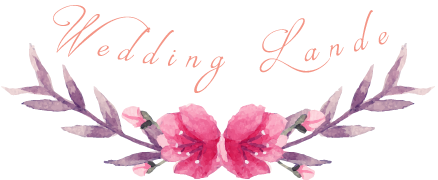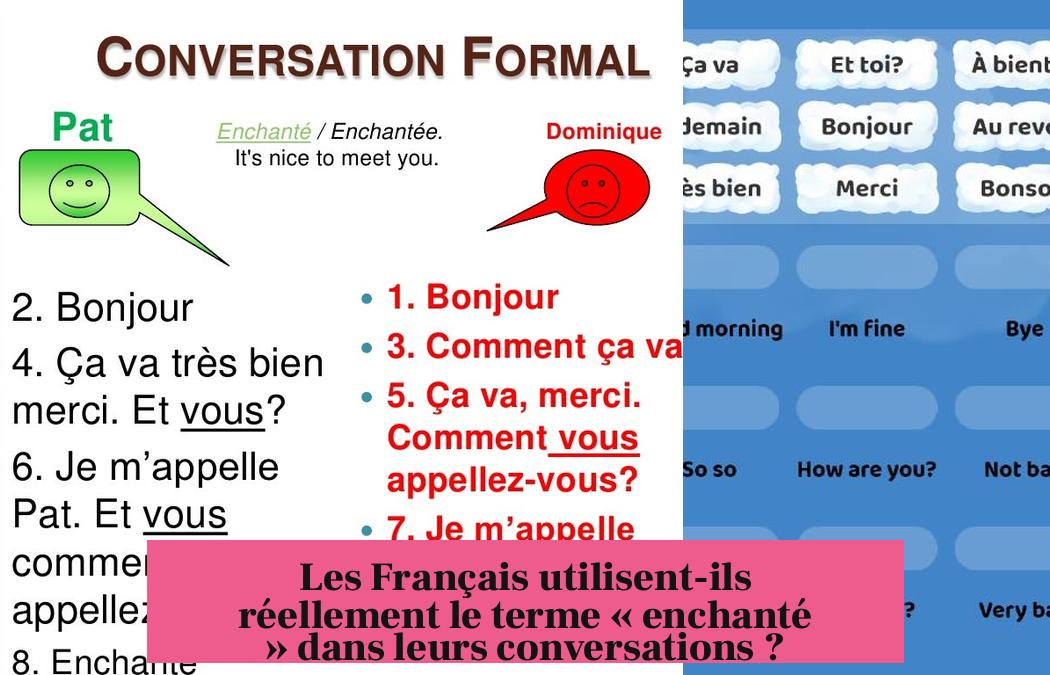Les Français disent-ils vraiment « enchanté » ?
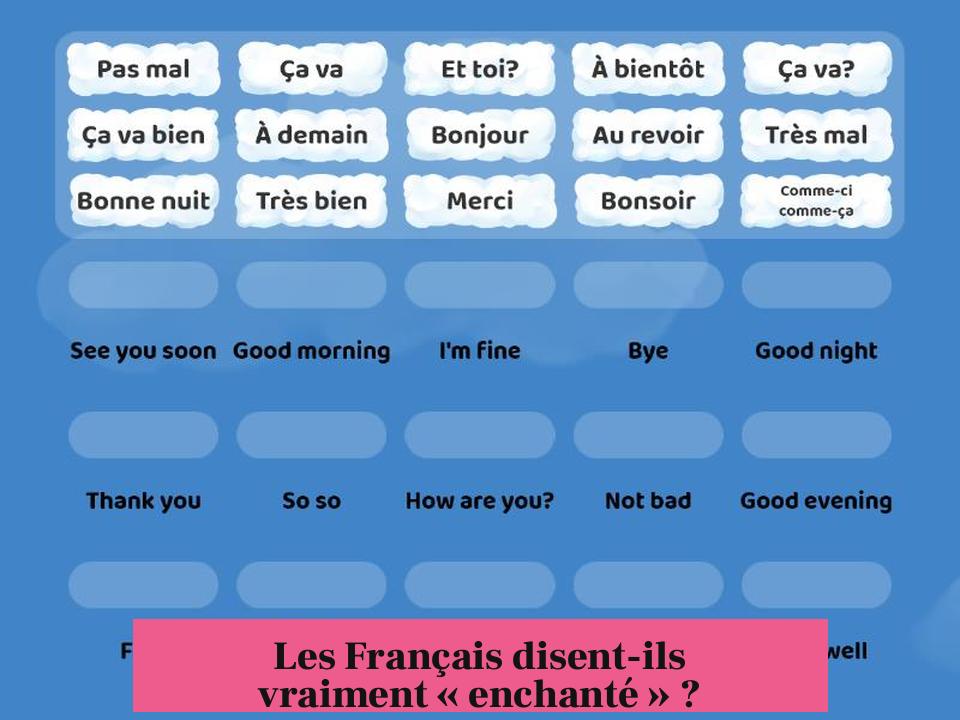
Oui, les Français utilisent couramment le mot « enchanté » pour exprimer leur plaisir lorsqu’ils rencontrent quelqu’un pour la première fois. Cette expression est un équivalent direct de « nice to meet you » en anglais et reste la formule la plus usuelle dans ce contexte.
Définition et signification du terme « enchanté »
Le mot « enchanté » est un adjectif signifiant littéralement « enchanté, ravi, charmé ». En français, il sert à exprimer que la rencontre avec une nouvelle personne suscite un plaisir ou une satisfaction.
- Il s’utilise toujours pour dire « nice to meet you » lors d’une première introduction.
- « Enchanté » implique implicitement « je suis ravi de faire votre connaissance ».
- Le féminin correspond à « enchantée », avec une prononciation identique.
À noter, « enchanté » ne signifie pas simplement « agréable », mais décrit le fait d’être réellement charmé ou séduit, état qui est à la source du sens figuré actuel.
Quand et comment emploie-t-on « enchanté » ?
On utilise « enchanté » uniquement lors d’une première rencontre. Il ne convient pas pour saluer une personne que l’on connaît déjà, car cela reviendrait à dire « enchanté de te revoir » sans la nuance de nouveauté.
Voici quelques points clés sur son usage :
- Contexte d’utilisation : Premier contact, présentation.
- Tonalité : Moyennement formelle, assez flexible socialement.
- Alternatives formelles : « Ravi de vous rencontrer », « Enchanté de faire votre connaissance ». Ces expressions sont plus complètes et peuvent paraître légèrement plus soutenues.
- Contextes informels : Parfois, simplement « Salut » ou un « Bonjour » suffisent; « enchanté » reste toutefois courant même en milieu décontracté.
Origine et prononciation
Le verbe français « enchanter » signifie « charmer, envoûter », dérivant du latin, et a donné naissance au terme anglais « enchant ». Cette proximité linguistique témoigne de leur racine commune.
La prononciation de « enchanté » est : /ɑ̃ʃɑ̃te/, avec un son nasal au début et au milieu, typique du français.
Usage réel et perception chez les francophones
Malgré quelques critiques qui jugent le terme excessif — car il signifie littéralement « enchanté » comme s’il s’agissait d’un sort lancé — la pratique montre que « enchanté » reste la formule privilégiée en France et dans les pays francophones.
- Il est employé aussi bien dans des milieux professionnels que personnels.
- Son usage est stable, même face à des expressions alternatives plus formelles.
- Il est recommandé de ne pas l’utiliser au-delà de la première rencontre, pour éviter des confusions.
Exemples d’utilisation
| Situation | Dialogues |
|---|---|
| Introduction formelle | Jean : Bonjour, je suis Jean Dupont. Marie : Enchantée, Jean. Moi c’est Marie. |
| Introduction informelle | Paul : Salut, je m’appelle Paul. Lucie : Enchantée, Paul. |
| Rencontre professionnelle | Directeur : Je vous présente Madame Durand. Collaborateur : Enchanté, Madame Durand. |
Alternatives à « enchanté »
Pour varier ou adapter le ton, il est possible d’employer :
- « Ravi(e) de vous rencontrer » – plus formel, souvent utilisé à l’écrit.
- « Enchanté(e) de faire votre connaissance » – plus complet et poli.
- « Heureux(se) de vous rencontrer » – expression équivalente, plus rare.
Dans le langage courant, cependant, « enchanté » demeure la formule standard.
Points clés à retenir
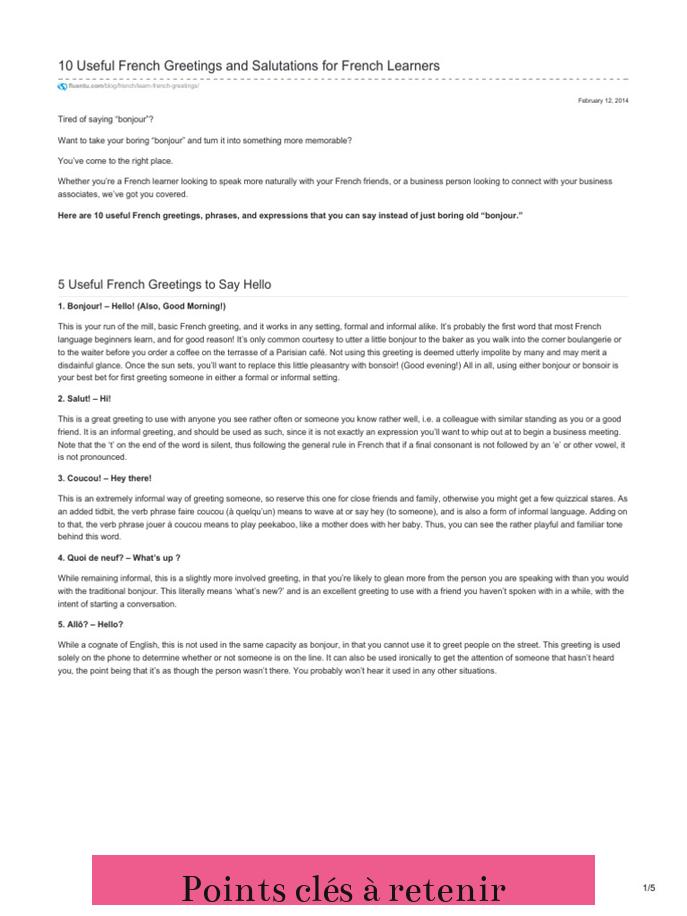
- « Enchanté » est la manière la plus courante et acceptée de dire « nice to meet you » en français.
- Il s’emploie uniquement lors de la première rencontre, jamais pour retrouver quelqu’un.
- Le masculin est « enchanté », le féminin « enchantée », sans différence de prononciation.
- L’expression est légèrement formelle mais adaptée à presque toutes les situations sociales.
- Elle trouve ses racines dans le verbe « enchanter » et partage son origine avec le mot anglais « enchant ».
- Il existe des alternatives plus formelles, mais « enchanté » est généralement préféré dans la conversation.
Do French People Actually Say “Enchanté”?
Let’s get straight to the point: yes, French people do say “enchanté”. It is the classic, go-to phrase to express “nice to meet you” when introduced to someone new. But it’s not just a phrase; it’s packed with meaning, history, and a dash of culture that might surprise you.
Still, you may wonder if “enchanté” is used widely in everyday life or if it’s just a stiff, outdated formality reserved for fancy occasions. Let’s dive deeper into this charming French expression.
What Does “Enchanté” Really Mean?
In French, enchanté is literally the past participle of the verb enchanter, meaning to enchant, delight, or to bewitch. When used as an adjective, it expresses being delighted or overjoyed. Think of it like saying, “I am enchanted (delighted) to meet you.”
Translation-wise, “enchanté” means “delighted” or “nice to meet you,” while the English word “enchant” implies something magical—witchcraft, charming spells, and fairy tales. Although they share origins, in modern French, “enchanté” doesn’t involve actual sorcery but a polite expression of pleasure upon an introduction.
French vs English: A Tale of Two Enchants
It’s fun to note that the English verb “to enchant” comes historically from the French enchanter. Oxford Living Dictionaries traces this back through Middle English, showing how close these two languages are through centuries of cultural exchange. So, when you say “enchanté,” you’re engaging in a little linguistic legacy, blessé your new acquaintance with your delighted charm.
When Do French People Actually Say “Enchanté”?
Here’s the deal: “Enchanté” is used exclusively when you meet someone for the first time. It’s the equivalent of “nice to meet you” and not something you repeat if you see the person again. Saying “enchanté” the second time would be like telling someone “Nice to meet you” twice—it just doesn’t make sense.
If you want to express pleasure at seeing someone again, you’d need to say something more explicit, like Enchanté de te revoir (Delighted to see you again).
“Enchanté” is mildly formal but certainly not stiff. It fits perfectly when you’re introduced in a semi-formal context, at a work party, or meeting your friend’s new colleague. It’s polite yet relaxed. If you want to go full formal, expressions like je suis ravi de vous rencontrer (I am pleased to meet you) come into play.
Does Gender Affect the Way You Say “Enchanté”?
Yes! French is famous for distinguishing form based on gender, and “enchanté” is no exception. A man says Enchanté (without the final “e”). A woman adds an “e” to make Enchantée. But don’t worry; the pronunciation remains the same for both.
This little grammatical twist might catch learners off guard, but it simply reflects the adjective agreeing with the gender of the speaker. So, if you’re a woman meeting someone new in a French-speaking context, proudly say Enchantée!
Does Everyone Love Saying “Enchanté”?
Funny enough, despite being the most common phrase for “nice to meet you,” not everyone adores “enchanté.” Some native French speakers find the word a bit weird or old-fashioned because it literally means “enchanted,” as if you were bewitched by the person you just met.
One French teacher even said that saying your name and then “Enchanté” is standard, but some people think the term should not exist because it sounds over the top sentimental. Still, this tiny controversy hasn’t stopped the word from dominating greetings.
Alternatives to “Enchanté”
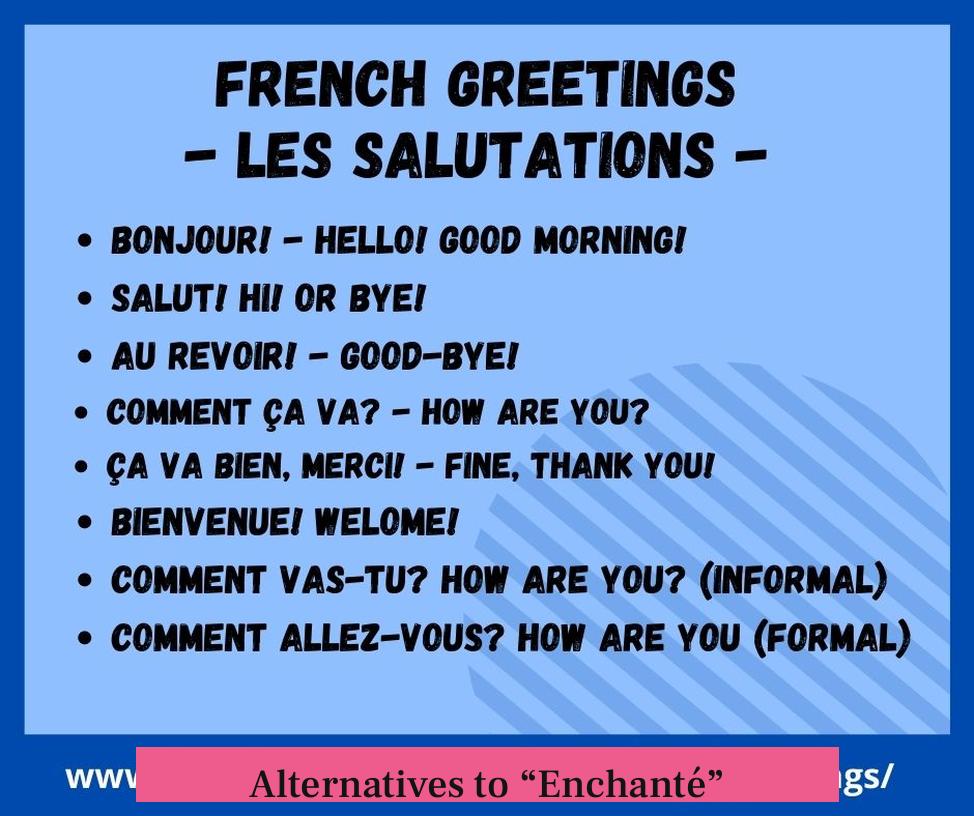
If you want to spice up your greetings or sound outright formal, French has beautiful alternatives:
- Enchanté(e) de vous rencontrer — Nice to meet you (formal, literal full form).
- Enchanté(e) de faire votre connaissance — Nice to meet you (formal, more literary).
- Ravi(e) de vous rencontrer — Pleased to meet you (stronger formal).
- Ravi(e) de faire votre connaissance — Pleased to make your acquaintance.
For informal or casual introductions, a simple Salut (Hi) or introducing yourself with Je m’appelle … (My name is…) might suffice. Sometimes, French people just want to get straight to the point.
How Do French People Use “Enchanté” in Conversation?
Picture this: Pierre meets Brigitte for the first time. Pierre says, “Salut !” (Hi!). Brigitte replies, “Bonjour.” They exchange names and say “Enchanté(e)” to seal the introduction with polite delight. It’s short, sweet, and to the point—the perfect way to acknowledge a new encounter.
In daily life, this expression is a social glue, a simple way to show friendliness and politeness. Even in quick introductions, “enchanté” feels natural and hardly awkward.
Is “Enchanté” Used Across All Social Settings?
While “enchanté” is versatile, its usage shifts with context. In very informal settings, young people might lean more towards casual greetings without “enchanté.” Among colleagues, “Enchanté” stays in the toolbox for introductions but might be skipped in friendly office chats.
At a fancy dinner or formal business gathering, “enchanté” (or the extended version like Enchanté de faire votre connaissance) shows respect and proper etiquette. It signals that you value meeting the other person.
Enchantment in French Culture and Literature
The word “enchanté” isn’t just a greeting; it lives within the rich tradition of French literature. Writers like Marcel Proust spoke of enchantment as a captivating force. To “enchant” means to charm deeply, to cast a metaphorical spell—a fitting metaphor for meeting someone fresh.
This cultural depth adds a lovely layer to the term “enchanté,” giving everyday greetings a poetic dimension. When you say “enchanté,” you’re not just offering manners; you’re metaphorically casting a warm spell of welcome.
Quick Recap: Your Essential “Enchanté” Guide
| Aspect | What to Know |
|---|---|
| Meaning | “Enchanté” means “delighted” or “nice to meet you” when introduced to someone new. |
| Use | Only when meeting for the first time; not used to greet again. |
| Formality | Mildly formal, suitable for most introductions. |
| Gender | Men say “Enchanté”; women say “Enchantée” (pronounced the same). |
| Alternatives | “Ravi(e) de vous rencontrer,” “Enchanté de faire votre connaissance,” more formal options. |
| Criticism | Some find the word over-the-top, but it remains popular and valid. |
Final Thoughts
So yes, the French definitely say “enchanté.” It is the polite and culturally rich phrase that seals first meetings with a note of delight. Whether you are practicing your French or just curious, knowing when and how to use “enchanté” will add authenticity to your conversations.
Next time you meet a French speaker, confidently say “Enchanté” (or “Enchantée” if you’re a lady). You’ll be part of a tradition that spans language, history, literature, and everyday kindness. Who knew a simple greeting could hold so much magic?
1. Les Français disent-ils vraiment « enchanté » pour dire « ravi de vous rencontrer » ?
Oui, « enchanté » est l’expression la plus courante pour dire « nice to meet you » en français. On l’utilise uniquement lors de la première rencontre.
2. Quand faut-il utiliser « enchanté » et pas à d’autres occasions ?
« Enchanté » s’emploie uniquement quand on rencontre quelqu’un pour la première fois. On ne l’utilise pas pour dire « content de te revoir ».
3. Quelle est la différence entre « enchanté » et « ravi de vous rencontrer » ?
Les deux expressions signifient « ravi de faire votre connaissance ». « Ravi de vous rencontrer » est plus formel, « enchanté » est courant et légèrement moins formel.
4. Pourquoi certaines personnes critiquent-elles le mot « enchanté » ?
Certains trouvent que « enchanté » est exagéré, car littéralement il veut dire « ensorcelé » ou « émerveillé », ce qui semble intense pour une simple rencontre.
5. Comment accorde-t-on « enchanté » selon le genre ?
Un homme dira « enchanté » et une femme dira « enchantée ». La prononciation reste la même dans les deux cas.
6. Existe-t-il des alternatives plus informelles à « enchanté » ?
Oui, en contexte informel, on peut simplement dire « salut » ou se présenter en disant « je m’appelle… » sans utiliser « enchanté ».
